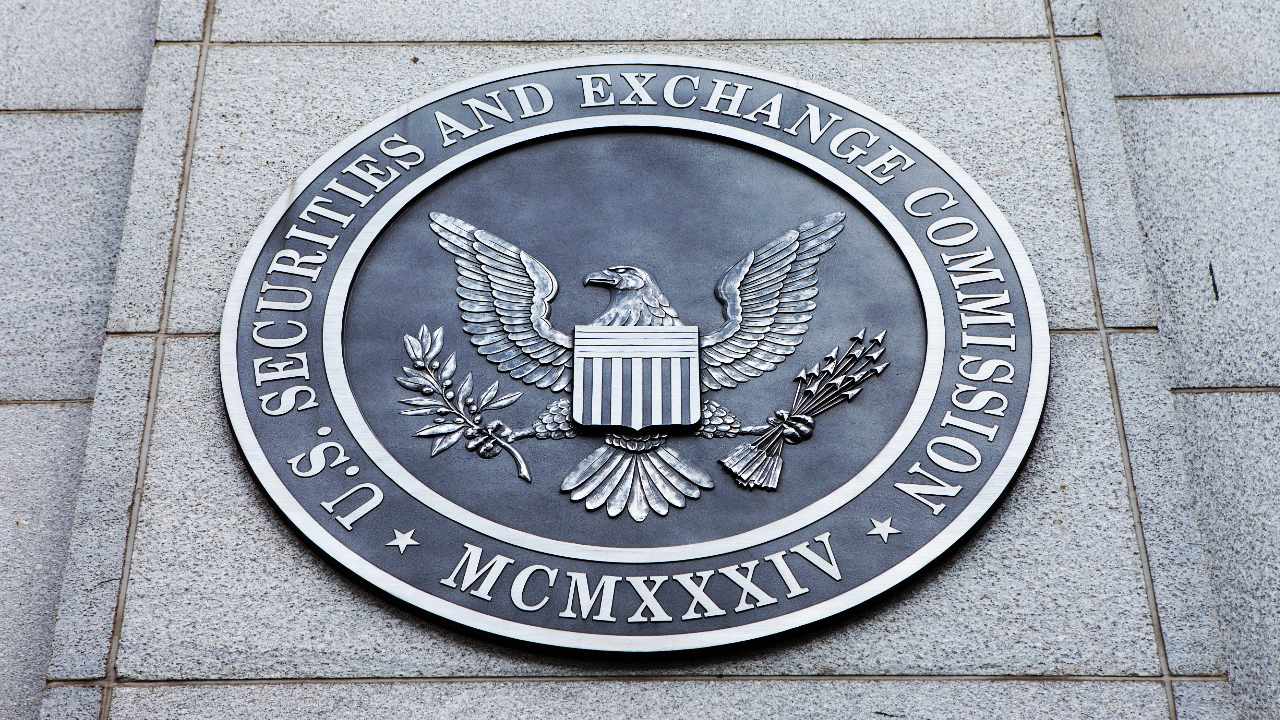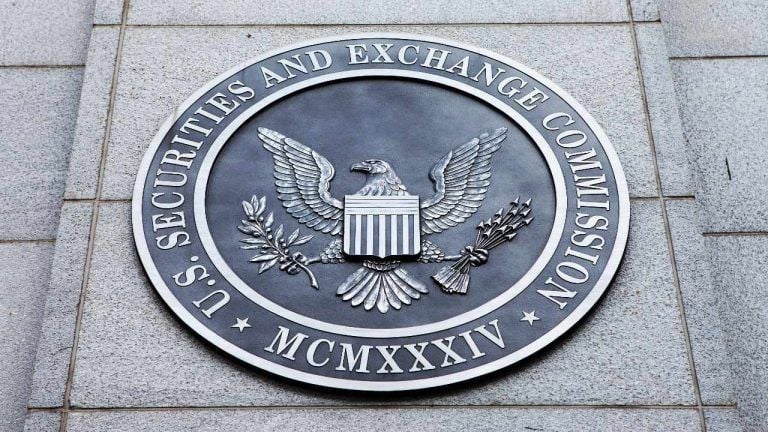The story so far: On June 22, the International Monetary Fund (IMF) issued a statement on the use of cryptocurrency in the Latin America and Caribbean market, and about the rising interest in blockchain-based central bank digital currencies (CBDCs).
The global monetary authority ended its statement noting that a ban on crypto “may not be effective in the long run” in the region. This has raised eyebrows due to the international organisation’s change in stance on crypto in the LatAm market.
Why is Latin America’s crypto economy so significant?
Countries like Argentina, Chile, and Columbia have experienced devaluation of their currency against the U.S. dollar. To preserve the value of their savings, some residents have explored converting their funds to U.S. dollars. However, there are legal restrictions controlling this. Others have chosen to convert their assets to stablecoins – cryptocurrencies designed to reflect the value of fiat currencies such as the U.S dollar.
Brazil, Argentina, Colombia, and Ecuador are among the top 20 in Chainalysis’ 2022 Global Crypto Adoption Index.
Separately, a number of central banks in the Latin American market are also considering CBDCs, meaning that more people could soon be exposed to blockchain-based infrastructure.
(For top technology news of the day, subscribe to our tech newsletter Today’s Cache)
Why does El Salvador stand out among crypto economies?
El Salvador is the first country in the world to adopt Bitcoin – the largest cryptocurrency by market capitalisation – as its legal tender. The country with a population of 6.5 million adopted Bitcoin on September 7, 2021 under the leadership of President Nayib Bukele, who is an ardent crypto supporter. He has since bought over 2,000 BTC and continued to buy even as the crypto market suffered crashes, joking about getting the asset for cheap.
El Salvador uses a digital wallet known as Chivo to regulate users’ crypto transactions. However, there have been complaints about the wallet causing funds to disappear and enabling identity fraud.
Bitcoin reached an all-time high of over $67,000 in November 2021. During this time, Bukele made ambitious plans to issue Bitcoin bonds, build a ‘Bitcoin City’ and start volcanic mining of Bitcoin. However, these plans were largely put on hold as Bitcoin suffered multiple crashes through 2022 and the Bukele administration turned its focus to cracking down on gang activity. Around 2% of its adult population was arrested during this process, reported CNN.
On November 17, 2022, Bukele said that he would be buying Bitcoin every day from November 18. And as on June 29, the country’s Bitcoin investment value is down 26.3% in total, per the Nayib Bukele portfolio tracker online.
El Salvador’s president also predicted that Bitcoin would reach a value of $100,000 by the end of 2022. The asset did not even come close to its previous high. As on June 29, Bitcoin is worth a little over $30,000.
How did the IMF react to El Salvador’s Bitcoin adoption?
The IMF said it was against El Salvador’s move, citing fiscal risks and consumer protection issues. According to its statement, IMF’s executive directors “urged the authorities to narrow the scope of the Bitcoin law by removing Bitcoin’s legal tender status.” They were further concerned by Bukele’s Bitcoin-backed bonds idea.
El Salvador was also told that its adoption of Bitcoin might affect its application for a loan of $1.3 billion, reported Bloomberg in 2022.
This is why IMF’s latest blog post on crypto and CBDC use in Latin America and the Caribbean came as a surprise to many.
“While a few countries have completely banned crypto assets given their risks, this approach may not be effective in the long run,” said the post, going on to add that the Latin America and Caribbean region should improve the financial infrastructure and lack of support which drove users to crypto in the first place.
The post also called for regulation of cryptocurrency and recording crypto transactions for transparency.
What is the difference between cryptocurrency and CBDCs?
Cryptocurrencies and CBDCs are both blockchain-based digital currencies. But while cryptocurrencies are generally run by private companies or individuals, a CBDC is controlled and tracked by a country’s central bank and corresponds to that country’s fiat currency.
Bitcoin’s price may vary by hundreds or even thousands of dollars in a short period of time, and its founder is a mystery. On the other hand, a CBDC such as the eNaira, issued by the Central Bank of Nigeria, would (ideally) be worth as much as its physical counterpart.
While investors often buy large quantities of Bitcoin or other cryptocurrencies and hold them in the hope of making a profit, this doesn’t make sense in the case of CBDCs as they are not meant to be investment vehicles.
China’s government, meanwhile, has energetically promoted its digital renminbi (e-RMB). Transactions with its CBDC crossed $13.9 billion last year. However, China also banned crypto mining and unregulated virtual assets in the country, prompting a large section of the mining population to flee to other countries.
The Bahamas in the Caribbean was one of the first countries to officially introduce its Sand Dollar CBDC.









 The SEC’s record-breaking enforcement year revealed unprecedented financial penalties and bold action against high-risk sectors, including crypto and private funds, marking a pivotal moment for market regulation. SEC Achieves Historic $8.2B in Remedies From 583 Enforcement Actions in 2024 The U.S. Securities and Exchange Commission (SEC) announced on Friday a record-breaking year for enforcement in […]
The SEC’s record-breaking enforcement year revealed unprecedented financial penalties and bold action against high-risk sectors, including crypto and private funds, marking a pivotal moment for market regulation. SEC Achieves Historic $8.2B in Remedies From 583 Enforcement Actions in 2024 The U.S. Securities and Exchange Commission (SEC) announced on Friday a record-breaking year for enforcement in […]


/cdn.vox-cdn.com/uploads/chorus_asset/file/25753264/Screenshot_2024_11_24_at_4.53.29_PM.png)













/cdn.vox-cdn.com/uploads/chorus_asset/file/25739950/247386_Elon_Musk_Open_AI_CVirginia.jpg)



